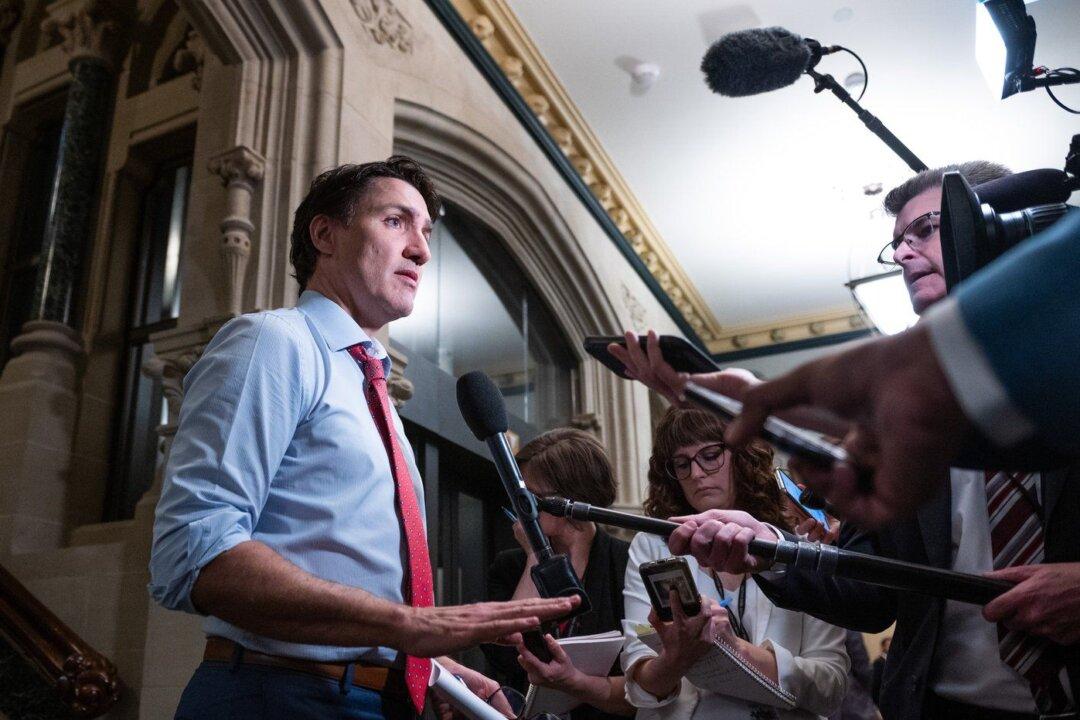Anti-corruption advocate James Cohen says Canada’s reputation has for years been “hammered” over its weak record of prosecuting financial crimes.
But now the executive director of Transparency International Canada is hopeful there’s political will to tackle the problem, and that the establishment of the Canada Financial Crime Agency will finally start “scaring the bad guys.”





